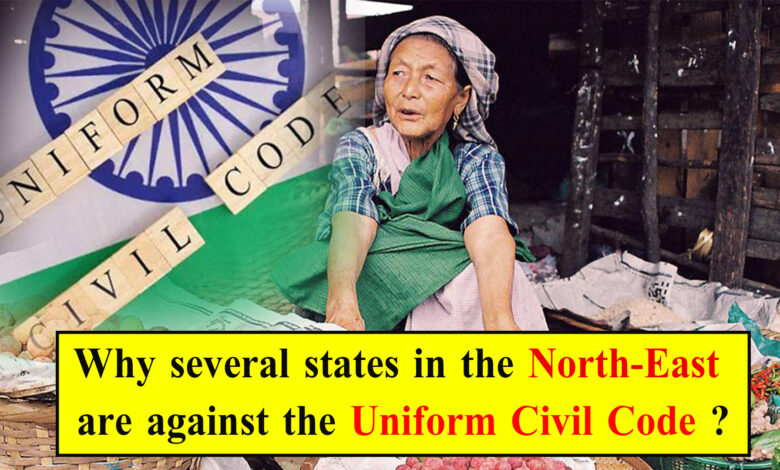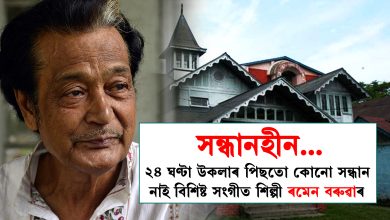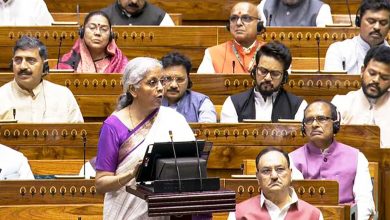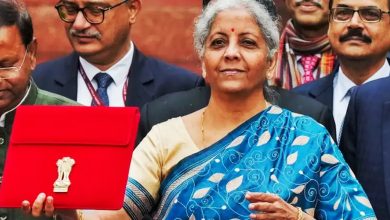Why several states in the North East are against the uniform civil code
Mizoram’s ruling Mizo National Front government is planning to pass a resolution in the state Assembly opposing the Uniform Civil Code

Mizoram’s judgment: A resolution rejecting the Uniform Civil Code, a planned pan-Indian common personal law that is predominantly supported by the nation’s ruling Bharatiya Janata Party, is being prepared for passage by the Mizo National Front government in the state Assembly.
While concerns over the proposed unified personal law are frequently associated with Muslims and other religious minorities, the discussion has been heated in many regions of the North East as well.
The sizable indigenous populations in the area worry that a Uniform Civil Code, particularly one with a majoritarian bent, would violate their long-standing traditions and ways of life that are guaranteed by the Constitution.
The “Uniform Civil Code” (UCC) campaign of the BJP is a common personal law that would apply to all Indians and regulate marriage, divorce, succession, and adoption. According to the person’s or the community’s practised religion, these practises are currently governed by a variety of personal laws.
While the BJP, which is currently in power at the federal level, has long supported the proposal, the Opposition and civil society organisations have opposed it, arguing that a law of this nature would rip the nation’s social fabric and existing unity in diversity.
Any secular nation’s rules shouldn’t be based on a person’s religious beliefs, according to Shah. “How can laws be based on religion if a country and its states are secular? There should be one law approved by Parliament or state legislatures for every believer.
In order to achieve this, various BJP-ruled states, including Gujarat, Karnataka, and Uttarakhand, have recently announced their will or taken the first measures necessary, such forming exploratory committees.
Opposition in northeastern states
But such assurances have failed to alleviate concerns about the Uniform Civil Code, especially in the North East. While resistance to the Uniform Civil Code is usually seen as primarily concerning religious minorities, the idea also finds opposition in the North East.
This was highlighted by All India Majlis-e-Ittehadul Muslimeen leader Asaduddin Owaisi in 2016. “Uniform Civil Code is not merely a Muslim issue,” Owaisi had said. “It’s an issue which will be opposed by the North East, especially Nagaland and Mizoram.”
With more than 220 ethnic groups, the country’s North East is considered to be one of the most culturally diverse regions in the world. In Mizoram, Nagaland and Meghalaya, where there is public opposition to the Uniform Civil Code, the proportion of the tribal population is as high as 94.4%, 86.5% and 86.1%, respectively, according to the 2011 Census.
Any Uniform Civil Code will, therefore, contravene this constitutional principle.
From a legal point of view too, Justice BS Chauhan, who led the 21st Law Commission, had said in September 2018 that a unified code is “constitutionally unviable”. “There are several parts of the North East and in the tribal belts where even the IPC [Indian Penal Code] and the CrPC [Code of Criminal Procedure] don’t apply…” Chauhan had told The Print. “How can there be a Uniform Civil Code in these areas?”
In its draft report on the Uniform Civil Code, the 21st Law Commission said that it was “neither necessary nor desirable at this stage”. The final report was reportedly not submitted.







